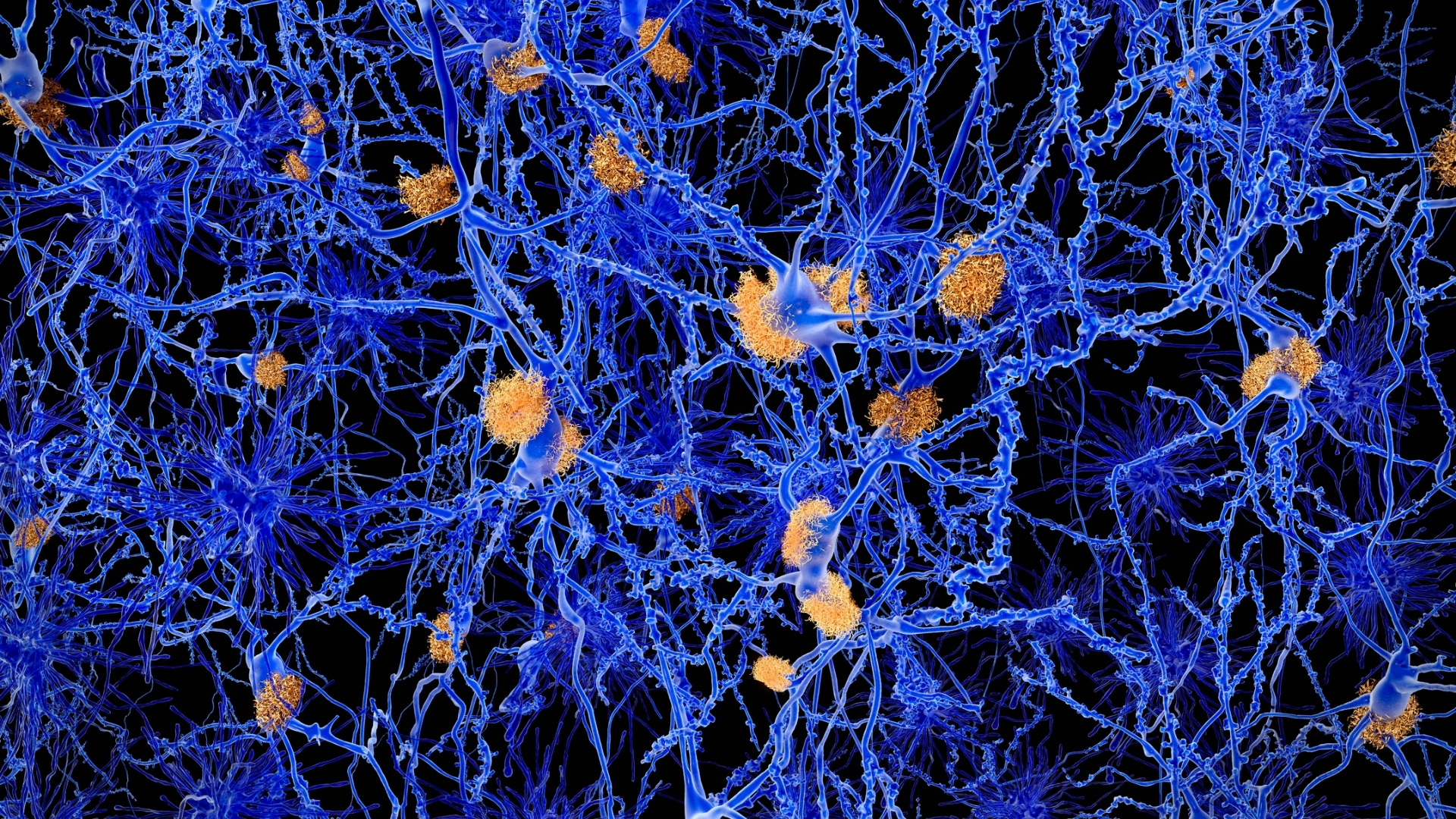What questions should I ask after a stroke?

First of all, it is important to determine the time and type of stroke. This is important for the following treatment. If less than four and a half hours have passed since the attack, any blood clot (called a thrombus) can be dissolved by thrombolytic therapy (often just lysis therapy) with an injection. In addition, the cause of the stroke must be sufficiently clarified – depending on the trigger, the right therapy can be selected.
If the person concerned has already been treated in a specialist stroke clinic or on a stroke unit in hospital, many questions can already be clarified. The medication must also be discussed with regard to dose, intake, effect, possible side effects and discontinuation. After the first treatment steps, the journey into the unknown begins: will everything be as it was before? What happens next? Who will support me in this situation?
To clarify this, we have put together a list of questions to help you and your relatives with the next steps.
Inventory
First of all, it makes sense to take stock. You should ask which part of the brain is affected by the stroke. This will enable you to better assess the extent and type of impairment.
Is it the motor system and will the affected person primarily have to retrain movement sequences, or is the Brocka-Wernecke area affected, which is responsible for language and the affected person is now struggling with word-finding problems?
The extent of the restrictions must also be determined. Only then can a suitable training plan be drawn up and the appropriate therapies agreed. Ask the practitioners for tests that test the performance of the person concerned. These include, for example, the ability to move the arms and legs (so that paralysis can also be ruled out), the sense of balance, the ability to speak, and cognition (memory, attention, orientation, etc.).
Therapy
A quick transfer from clinic to rehab is very important for optimal therapeutic success. Ask those treating you about the necessary and recommended areas of therapy so that the person concerned can get the support they need as quickly as possible. planning
If possible, involve the person concerned in the planning. This allows realistic goals to be set, a timetable to be discussed and motivation to attend therapy sessions to be increased.
Out of hospital and into the rehabilitation clinic
The first step back into life is via the rehabilitation clinic. Here there is a program precisely tailored to the needs of the person concerned, which ensures care, therapy and recovery. The choice of clinic depends on many factors – not least the location. However, there are also other selection criteria that you can look at.
Ideally, for example on the stroke unit, there is a rehabilitation team of doctors, physiotherapists, speech therapists, neuropsychologists and social workers or care managers who will support you in choosing a suitable rehabilitation clinic. You are entitled to a care consultation with whom you can discuss further care and therapy.
Back home
Depending on the status and prognosis for rehabilitation, it may make sense to create small everyday aids or to modify the home to make it suitable for the disabled. This allows the person concerned to move around as freely as possible in their familiar surroundings and return to their everyday life.
Patience
Every person is different and so every stroke is different. Be patient and understanding. The brain is very complex and not all progress is immediately visible.
Aftercare
In the first 3 months after a stroke, the risk of suffering another stroke is 15 times higher than in the general population. Watch out for the warning signs: facial weakness, arm weakness, slurred speech, loss of balance, sudden dizziness, changes in vision and severe headaches.
Prevention
Make sure you lead a healthy lifestyle. Find out whether it makes sense to change your diet or reduce your weight. Smoking, excessive alcohol consumption and lack of exercise also have a negative effect on recovery. It is also advisable to check risk factors, such as high blood pressure or high cholesterol levels, and to monitor them regularly.
Ask any questions that are on your mind and take advantage of the therapy team’s experience. Make a note of your questions and go into the conversation with the doctors prepared. The more informed you are, the more you can benefit from the therapy.